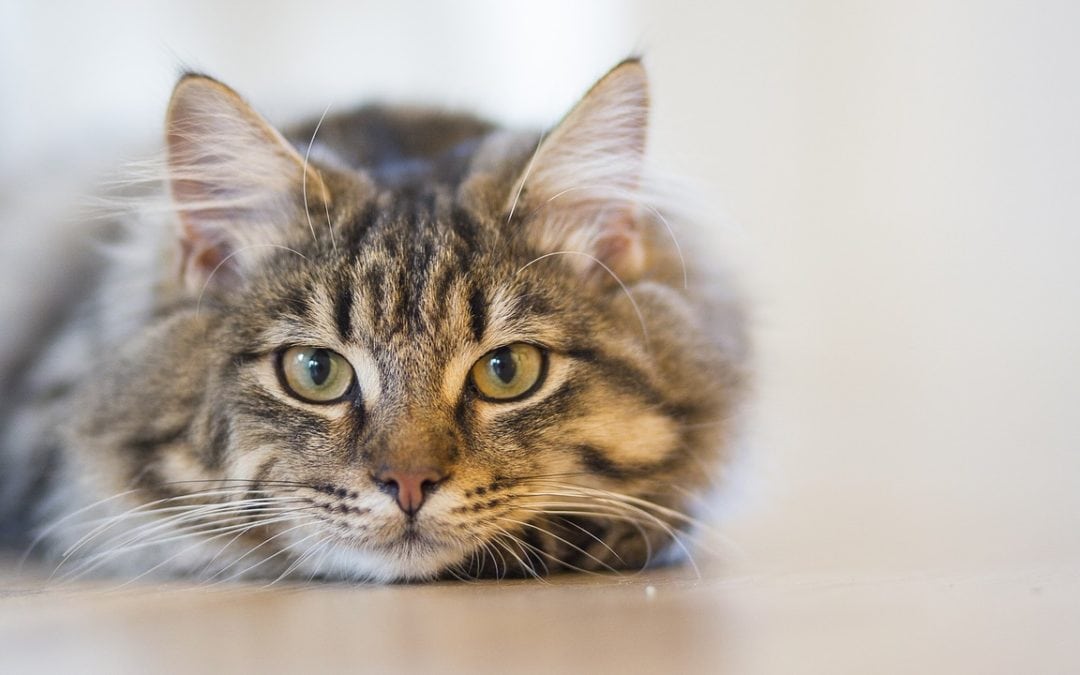
The Feline Distemper Vaccine
The FVRCP or “feline distemper” vaccine protects against three common viruses that cats can acquire.
They are: Feline Viral Rhinotracheitis, Calicivirus, and Panleukopenia.
The FVR part of the vaccine stands for “Feline Viral Rhinotracheitis.” Rhinotracheitis is a contagious respiratory disease caused by herpesvirus-1. The virus causes inflammation of the eyes, nose, and trachea (“windpipe”). This results in discharge from eyes and nose, sneezing, and inflammation of the membrane lining the eyelids. It also can cause problems during pregnancy because the same herpes virus also affects the reproductive tract. The virus is spread between cats by direct face-to-face contact or through contaminated food and water bowls. The cats that are at the highest risk are those that board, live with multiple other cats, and those that are kittens or elderly. Both indoor and outdoor cats can be infected with the virus. Once cats have this virus in their system they will always have it, but they may show no or limited symptoms for the rest of their lives.
The C stands for “Calicivirus.” Calicivirus is another common and contagious virus that causes upper respiratory infections in cats. Symptoms include: sneezing, mouth sores, pneumonia, discharge from eyes and nose, and in some cases, arthritis. Calicivirus is a tough virus because it is resistant to many disinfectants and because it can survive outside of the body for several days. Like rhinotracheitis, calicivirus is spread by direct face-to-face contact or through contaminated food and water bowls. Cats that have come from a shelter or spend time in boarding facilities are at the highest risk. However, the virus is widespread in the general cat population, therefore, it is recommended for all indoor and outdoor cats.
Lastly, the P stands for “Panleukopenia.” Panleukopenia, also known as feline distemper, is a highly contagious and sometimes fatal viral infection caused by the feline parvovirus. The virus attacks rapidly growing and dividing cells such as those in a developing fetus, bone marrow, or intestines. In young kittens, it can damage the brain and eyes. Anemia, depression, dehydration, high fever, severe diarrhea, vomiting, and nasal discharge are all common symptoms of panleukopenia. Pregnant females that become infected with the virus may abort their kittens or give birth to kittens that have severe brain damage. Cats shed the virus in their feces, urine, and nasal secretions for 1-2 days after infection, but the virus survives in the environment for up to 1 year. There are no medications to treat panleukopenia, so treatment involves isolated hospitalization with supportive care. Without supportive care, the virus is very likely to result in fatality. Both indoor and outdoor cats are at risk, so it is recommended to vaccinate all cats in order to prevent this serious viral infection from occurring.
After your cat goes through their initial vaccine series appropriately, this vaccine may only need to be boostered every 3 years.
